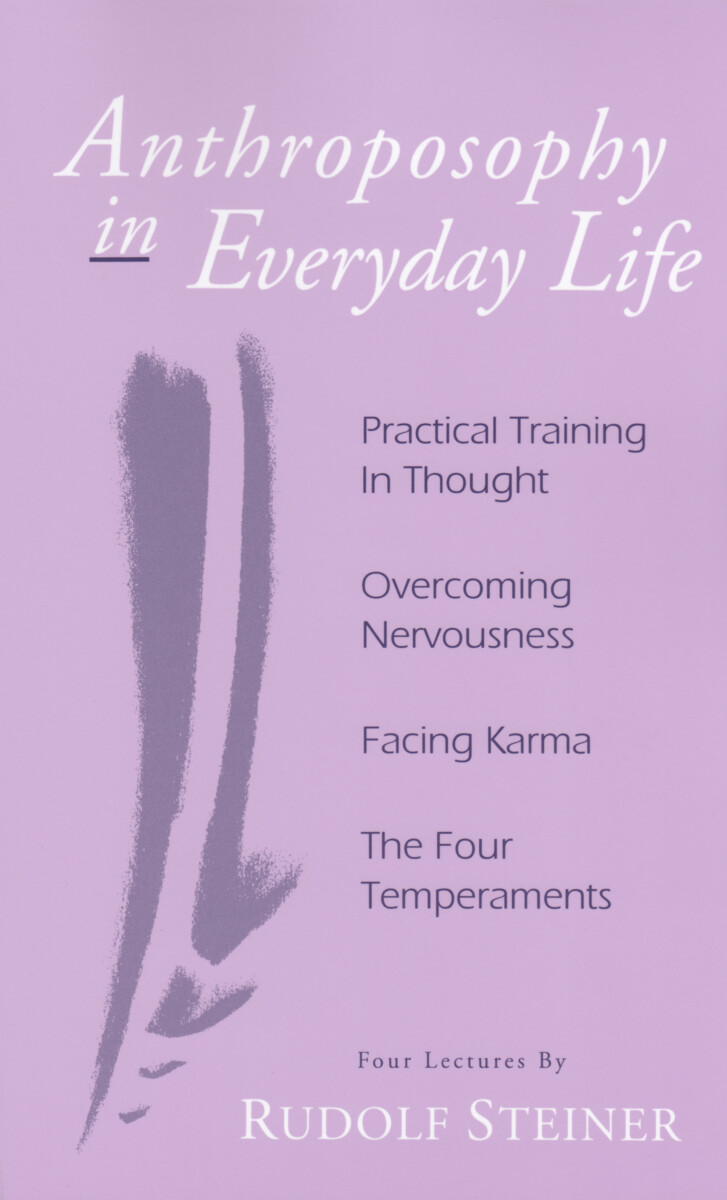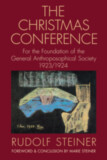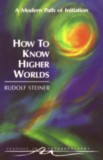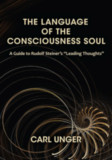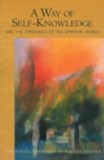Anthroposophy in Everyday Life
Practical Training in Thought - Overcoming Nervousness - Facing Karma - The Four Temperaments
- Publisher
SteinerBooks - Published
1st August 1995 - ISBN 9780880104272
- Language English
- Pages 96 pp.
“. . . though it is often thought that spiritual paths like Anthroposophy bear no connection to practical life, this is a profound misconception. Practical life is indubitably the beginning of the way—as, in a certain sense, it is also the end. After all, the work of evolution is practical work—in and on the world. Besides this, as these lectures demonstrate, working out of a spiritual perspective can enhance our ability to deal creatively with the varied situations destiny brings us in life, while at the same time opening us to the presence of spiritual realities on our daily life.” — Christopher Bamford (from the introduction)
Four of Rudolf Steiner's best-loved lectures are collected in this book. They are four of the most accessible presentations of the anthroposophic approach to life available in English.
“Practical Training in Thought” (Karlsruhe, Jan. 18, 1909) concerns the fundamental human activity of thinking. Everything we do, we do through thinking. The first task, then, is to realize the reality of thinking. To help us do this, Steiner provides exercises that can allow us to experience the cognitive—even clairvoyant—power of thinking.
“Overcoming Nervousness” (Munich, Jan. 11, 1912) shows us how exercises in thinking also give us the calm, centered sense we need to lead a purposeful, healthy life.
“Facing Karma” (Vienna, Feb. 8, 1912) takes us to the heart of life, where we experience desire and aversion, suffering and happiness. The law of karma that determines life's experiences and encounters also helps us develop the self-knowledge required for self-transformation.
“The Four Temperaments” (Berlin, Mar. 4, 1909) show us how the union of hereditary factors and our own inner spiritual nature shape our psychology. The guide here is the ancient classifications of the four temperaments: sanguine, choleric, phlegmatic, and melancholic. Renewed understanding of these qualities allows us to develop a truly modern spiritual psychology, which forms the basis of all real inner development.
With its many practical exercises, mantras, and meditations, this book is a fundamental introduction and guide for anyone beginning or in need of encouragement on one’s path of inner development.
Rudolf Steiner
Rudolf Steiner (b. Rudolf Joseph Lorenz Steiner, 1861–1925) was born in the small village of Kraljevec, Austro-Hungarian Empire (now in Croatia), where he grew up. As a young man, he lived in Weimar and Berlin, where he became a well-published scientific, literary, and philosophical scholar, known especially for his work with Goethe’s scientific writings. At the beginning of the twentieth century, he began to develop his early philosophical principles into an approach to systematic research into psychological and spiritual phenomena. Formally beginning his spiritual teaching career under the auspices of the Theosophical Society, Steiner came to use the term Anthroposophy (and spiritual science) for his philosophy, spiritual research, and findings. The influence of Steiner’s multifaceted genius has led to innovative and holistic approaches in medicine, various therapies, philosophy, religious renewal, Waldorf education, education for special needs, threefold economics, biodynamic agriculture, Goethean science, architecture, and the arts of drama, speech, and eurythmy. In 1924, Rudolf Steiner founded the General Anthroposophical Society, which today has branches throughout the world. He died in Dornach, Switzerland.


